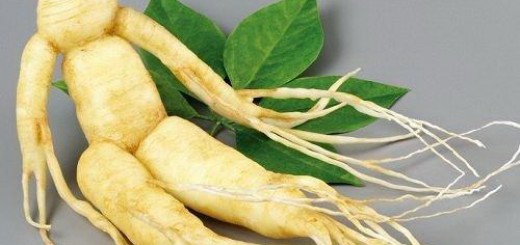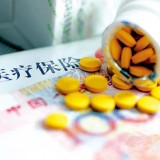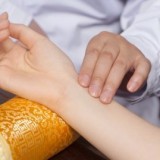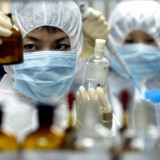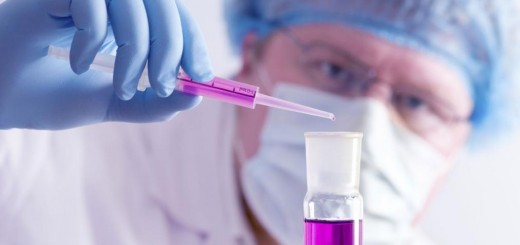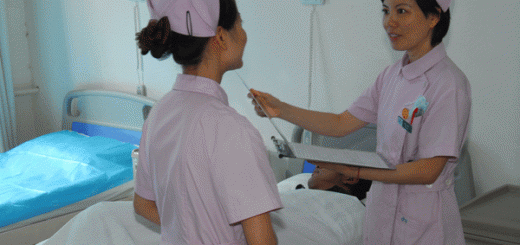In neuroscience, synaptic plasticity is the ability of synapses to strengthen or weaken over time. There is increasing evidence that stress and the resulting depression may involve structural changes in the brain.
A large body of research has confirmed that Asian ginseng can stimulate the brain and strengthen learning process. Further studies also found that Rg1, the main ingredient in Asian ginseng, is the component responsible for the afore-mentioned effects. Therefore, it is hypothesized that the stimulatory effect of ginsenoside Rg1 could impose a positive influence on depression.
The research conducted by scientists from Natural Drug Research Institute, Chinese Academy of Medical Science, confirmed the above hypothesis, and Rg1 improves behaviors in depressed mice.In the study, mice were subject to chronic unpredictable mild stress in order to induce depression, and ginsenoside Rg1 were given to depressed mice and duloxetine (an anti-depressant) was served as positive control. After 28-days’ intervention, forced swim test and sucrose intake were employed to evaluate depression behavior. The results show that Rg1 treatment prolonged the time of forced swimming and increased sucrose intake, both of which were however reduced in depressed mice.Furthermore, electron microscopy examination disclosed that the synaptic structure, which is important in message relay in brain activities, was abnormal in depressed mice; however, this abnormality of synaptic structure was partially restored by Rg1.
The results suggest that ginsenoside Rg1 can improve behaviroal changes in depressed mice, and the research was published on “Chinese Pharmacological Bulletin” 2013.
















